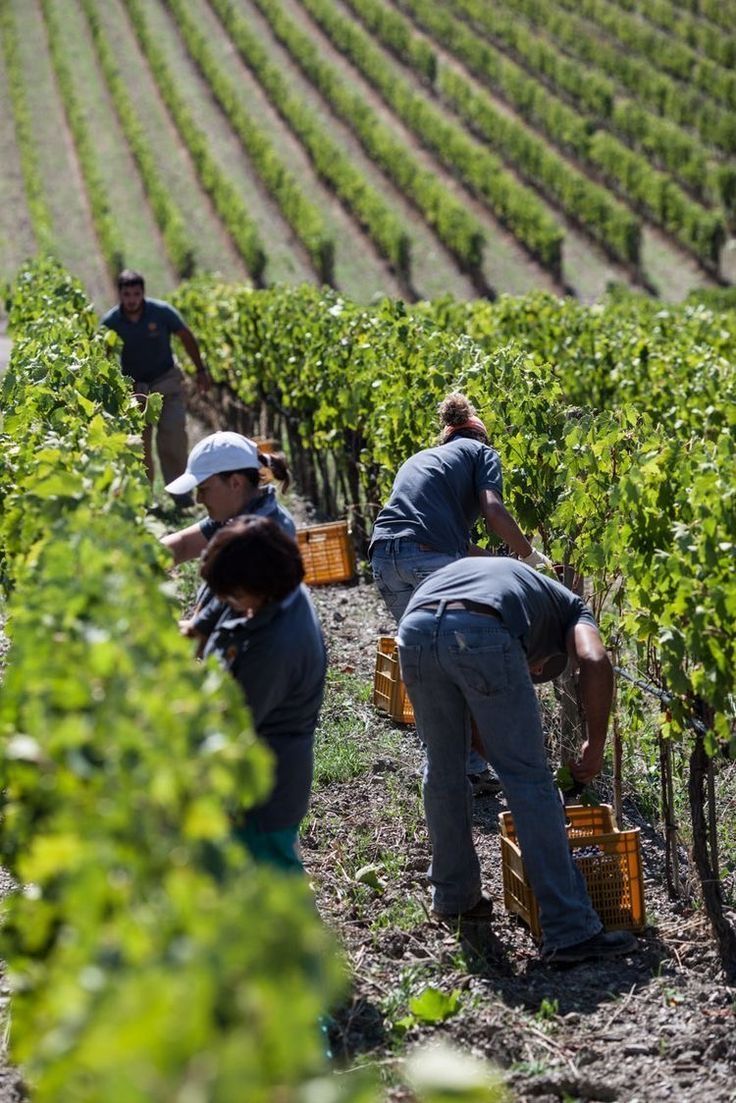
Natural wine has gained significant popularity in recent years, captivating wine enthusiasts with its purity, authenticity, and unique characteristics. Unlike conventional wines, which often undergo extensive manipulation in the cellar, natural wines are produced using minimal intervention, both in the vineyard and during fermentation. But what exactly makes natural wine so special, and how is it produced? Let’s delve into the secrets behind natural wine production to understand what makes it different from traditional wines and why it’s worth exploring.
1. The Foundation: Organic and Biodynamic Farming
The production of natural wine begins in the vineyard, where organic and biodynamic farming practices are often the foundation. These farming methods emphasize sustainability, biodiversity, and soil health, with minimal or no use of synthetic chemicals, pesticides, or fertilizers.
By embracing these eco-conscious practices, natural winemakers prioritize the quality of the grapes and the environment, ensuring that the wines reflect the true nature of the land.
2. Minimal Intervention: Letting Nature Take the Lead
Once the grapes are harvested, the next crucial phase of natural wine production involves minimal intervention during fermentation and aging. Unlike conventional winemaking, which often relies on modern techniques and additives to control the process, natural winemakers take a more hands-off approach, allowing the wine to evolve naturally.
3. Grapes: The Heart of Natural Wine
The grapes used to produce natural wine are the true stars of the show. The choice of grape variety, the climate of the vineyard, and the soil composition all play a vital role in shaping the final wine.
4. Fermentation: The Magic Happens
Fermentation is where the magic of natural wine truly happens. The winemaker’s role here is to simply facilitate the process and allow the wild yeasts to work their magic. Fermentation converts the sugar in the grapes into alcohol, but it also produces a wide range of compounds that contribute to the wine’s flavour, aroma, and texture.
5. Aging: Patience is Key
After fermentation, the wine is often aged in neutral vessels such as stainless steel, clay, or old oak barrels. This allows the wine to develop its flavour and texture without imparting too much additional flavour from the vessel itself.
6. The Final Product: Unique and Authentic
The result of natural wine production is a wine that is full of personality, complexity, and authenticity. With minimal intervention and a focus on sustainable farming practices, natural wines reflect the true character of the grapes, the land, and the winemaker’s vision.
Natural wines can vary greatly from bottle to bottle, as they are influenced by many factors, including weather conditions, soil health, and fermentation nuances. This makes each bottle a unique experience, and it’s part of the charm of natural wine.
Why Natural Wine Matters
Natural wine production is more than just a trend—it’s a movement towards a more sustainable, authentic, and environmentally conscious way of making wine. By embracing organic and biodynamic farming, minimal intervention in the winery, and a commitment to quality over quantity, natural winemakers are offering a product that is deeply connected to the land, the season, and the people who produce it.
Whether you’re new to natural wine or a seasoned enthusiast, discovering the secrets behind its production adds a deeper appreciation for this unique and flavourful category of wine. So, the next time you pop open a bottle of natural wine, take a moment to reflect on the journey it took from the vineyard to your glass—and enjoy the story it tells.